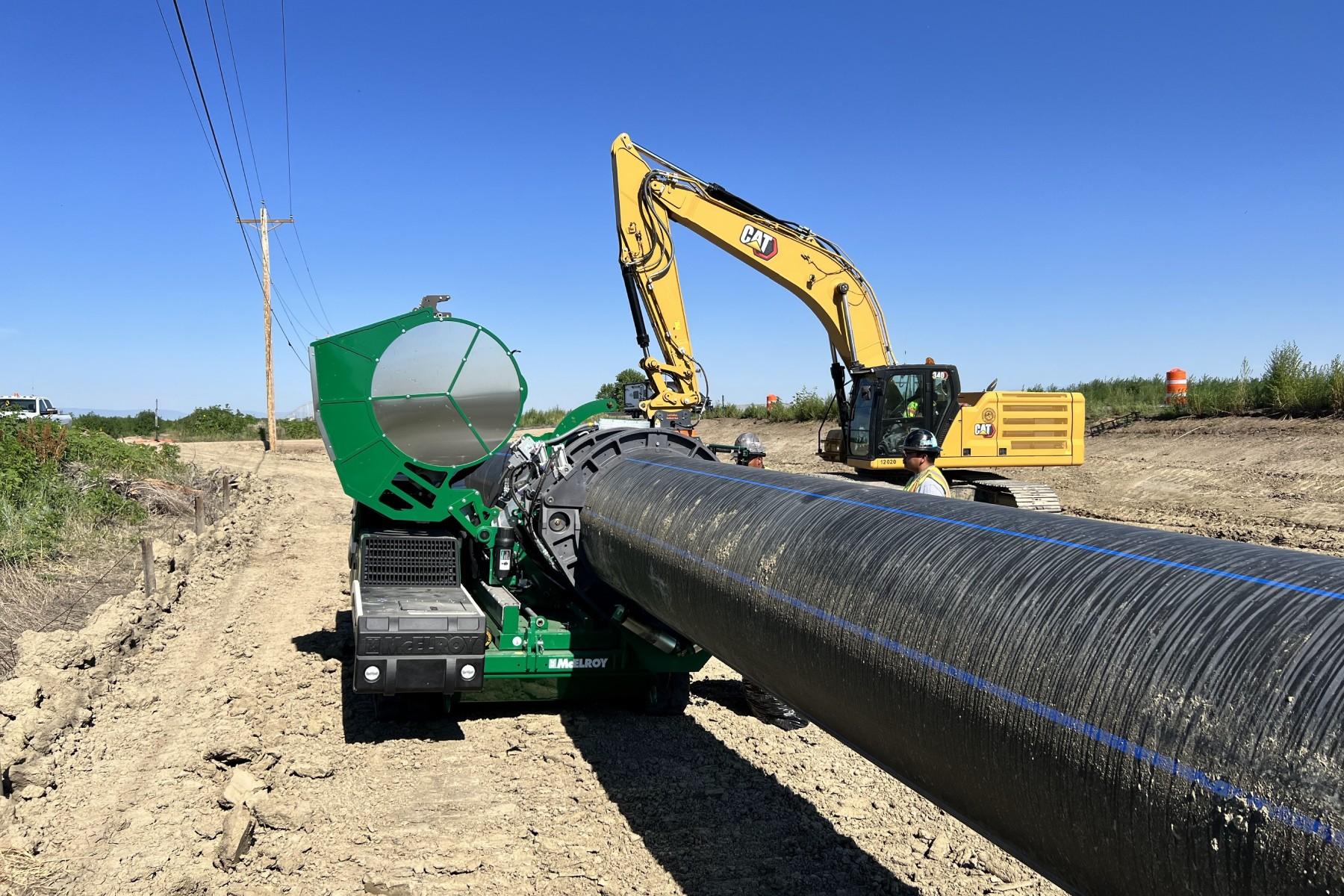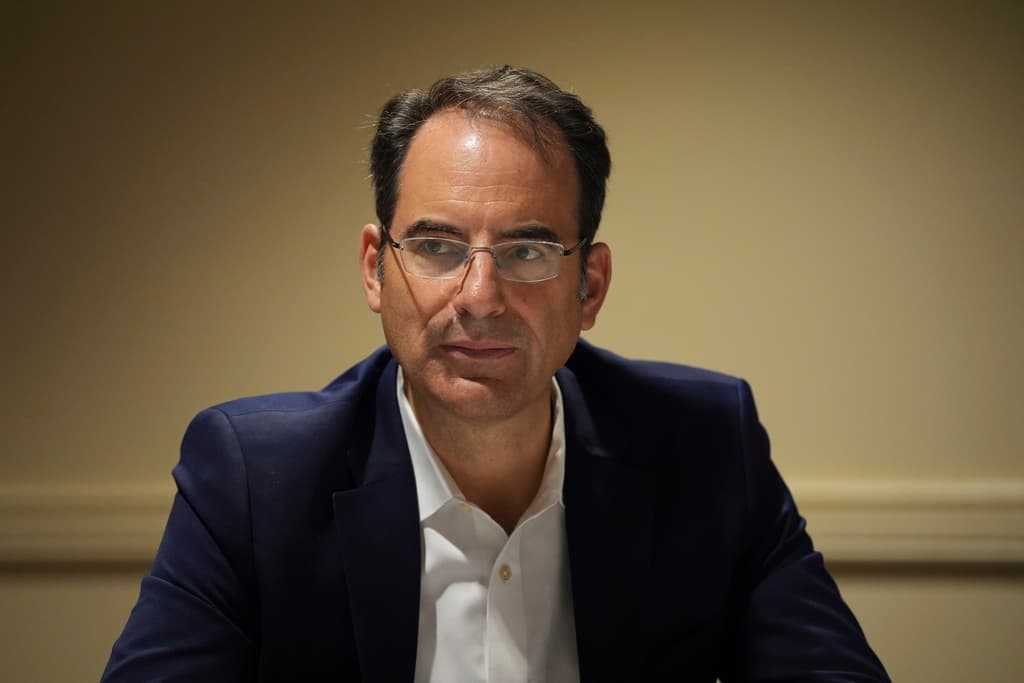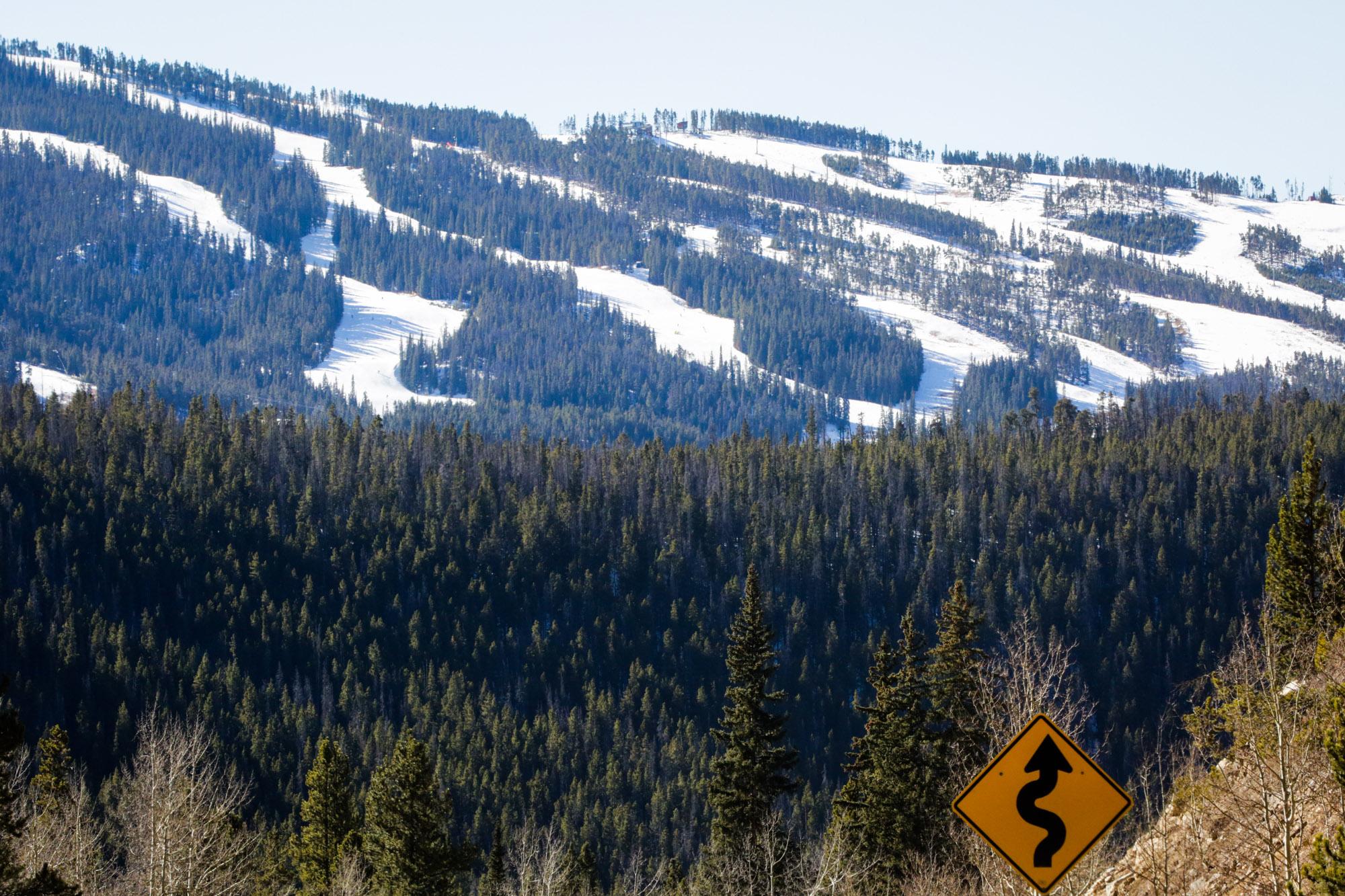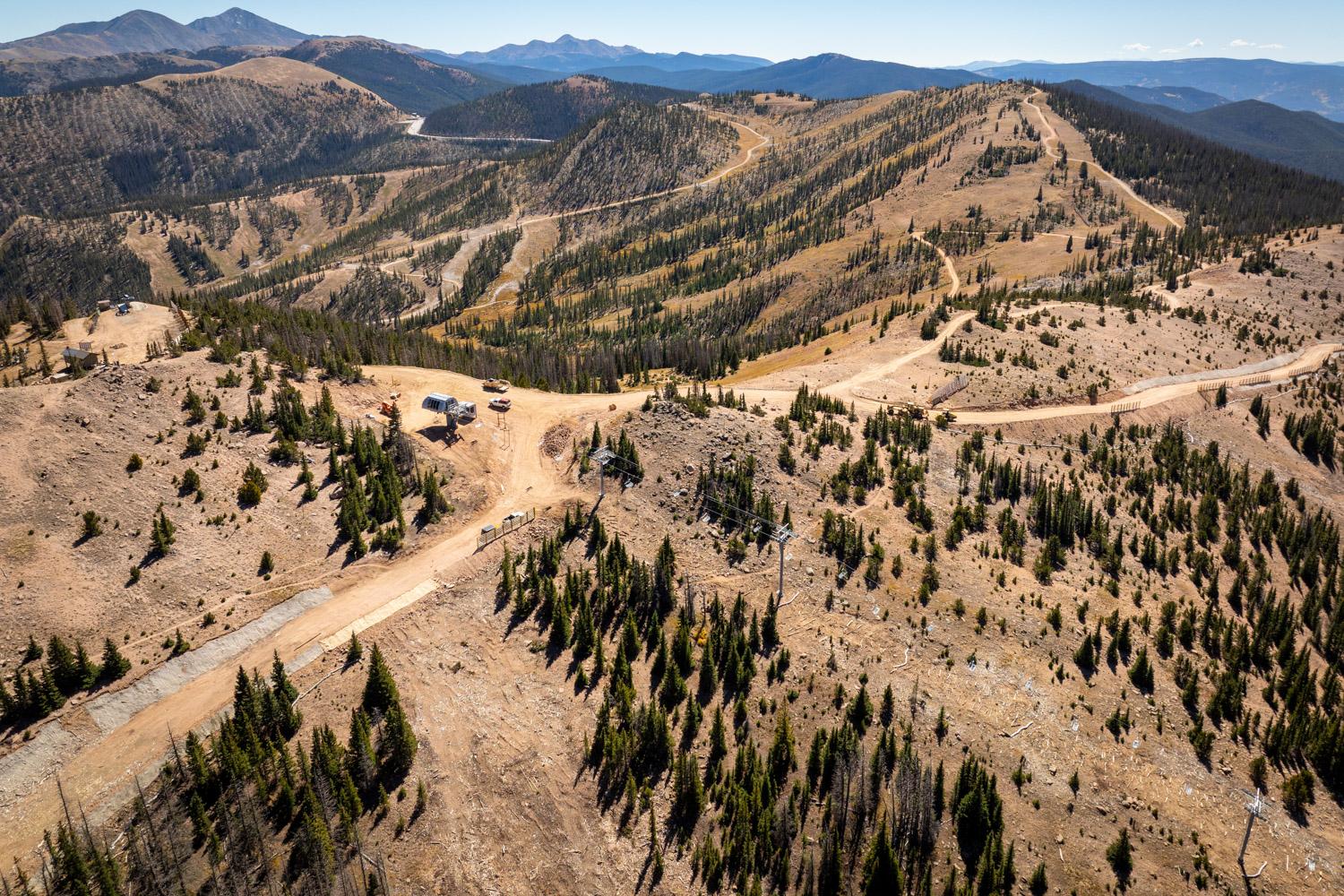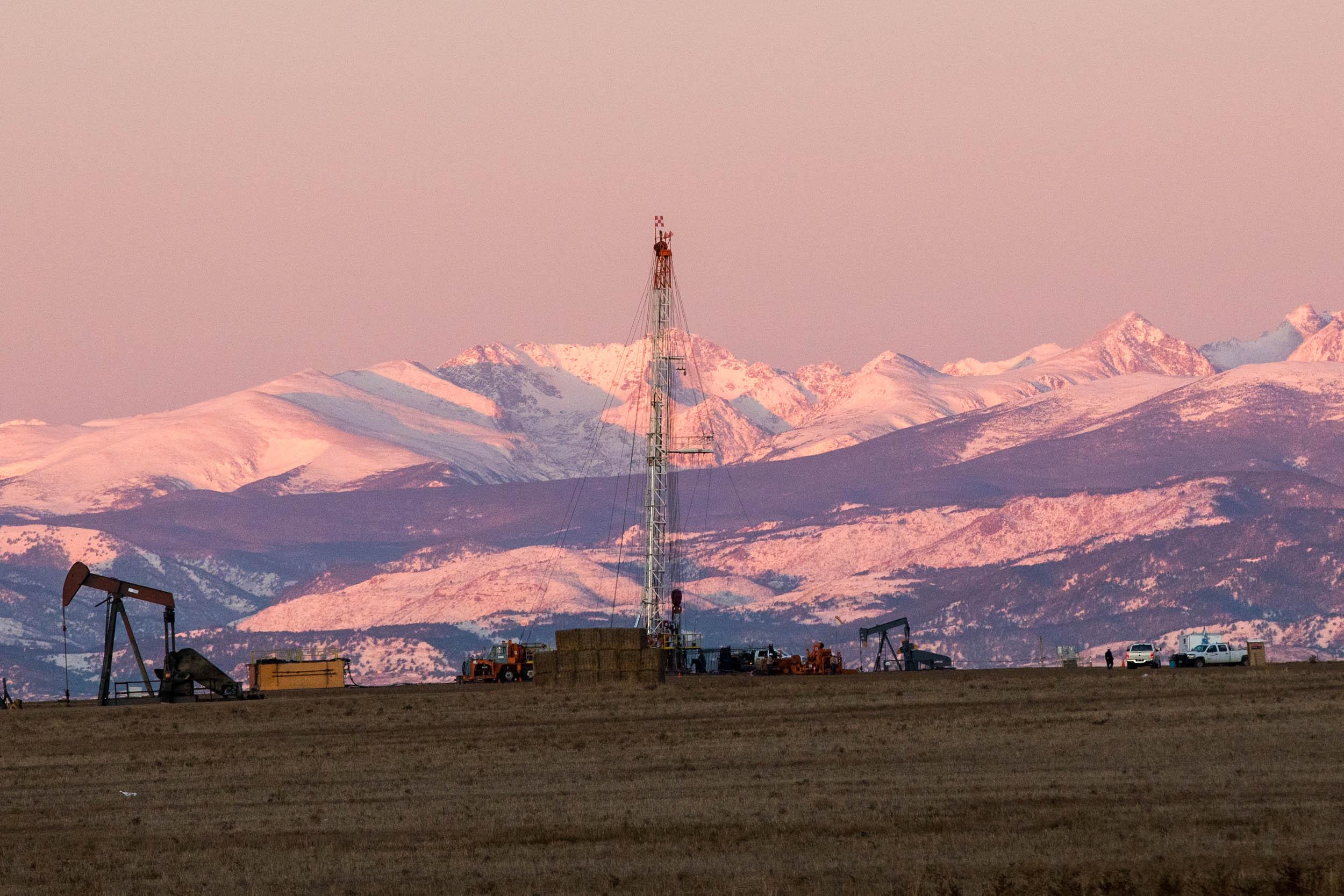
Just a few weeks after the Colorado Oil and Gas Conservation Commission's final approval of a statewide 2,000-foot setback between new wells and some buildings, Boulder County commissioners have adopted even stricter requirements.
Future oil and gas well pads in Boulder County will generally need to be 2,500 feet from homes, schools and daycare facilities after the county commissioners unanimously approved changes to the Land Use Code and gave their final vote of approval.
That setback amount will also be required for publicly owned trails and trailheads.
"Boulder County is concerned about the potential for significantly expanded oil and gas development within the county," reads the county's website. "We support appropriate tighter restrictions and increased local control to mitigate the impacts of these activities."
The new setback requirements are part of a package of oil and gas amendments the county adopted to protect public and environmental health. The changes aim to regulate the "surface impacts of oil and gas operations in a reasonable manner," to address issues like noise, odor, light, air emissions and air quality.
The changes allow the Boulder Board of County Commissioners to regulate the location of oil and gas facilities and adjust "as necessary," which means setbacks could be larger than 2,500 feet.
"Setbacks will generally be 2,500 feet, and in no case less than 2,000 feet," said Kim Sanchez, deputy director of community planning and permitting for Boulder County.
Commissioner Elise Jones said public comments made it clear that oil and gas development is an issue that's important to residents of Boulder County.
"People are rightfully concerned about the impacts that range from public health impacts to hazardous air pollutants to climate emissions to poor air quality that contributes to our high ozone levels," she said.
Jones believes that Boulder County's oil and gas regulations will be the strongest in the state.
"I think our constituents are quite united in supporting having the strongest possible regulations in place to protect the county against the impacts of oil and gas," Jones said.
At a virtual public hearing on the regulations, most comments were in support of the county adopting stricter setbacks.
But oil and gas industry representatives shared "serious concerns" about the regulations. Chris McGowne with the American Petroleum Institute in Colorado, said the changes are "subjective, overly broad or simply neither necessary nor reasonable."
"Many of these standards are duplicative or work in concert to effectively prohibit the development of private mineral rights," McGowne said.

